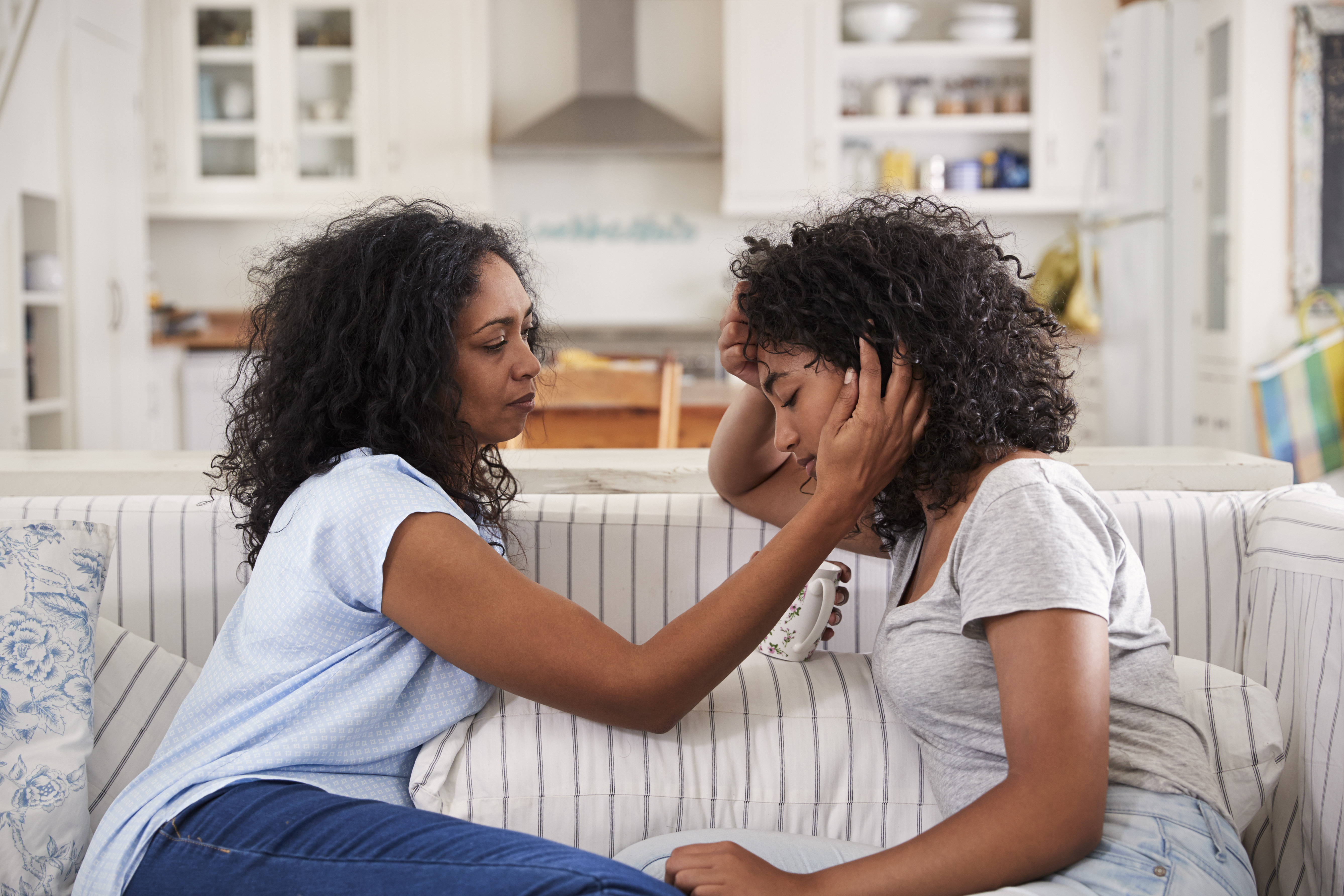Often your family members will have questions about cancer, but they may be cautious about asking you. They may not know how to broach the subject or may be worried about upsetting you. It may be up to you to bring up the subject and show them it’s OK to talk about your teenager’s cancer.
Changing relationships
You may find that the relationships within your extended family change after receiving your teenager’s diagnosis. Some members may not have experience with a serious illness such as cancer and may not know what to do or say. They may be frightened or want to avoid being confronted by the fact that cancer can happen to someone special to them. Some people withdraw in order to cope with their worry, distress and their feelings of not knowing what to do to help. This can be very hurtful when you don’t get the support you expect. Though it is difficult, try to understand and accept this reaction, and realize that it isn’t a rejection of you or your family. Rather, it is likely a result of fear or a lack of understanding.
Help others to help you
Family members often find that helping you can relieve some of their anxiety and make them feel included. They are often willing to help but might not know how to be most useful. Make a list of ways your family members can help you so that you’re ready whenever anyone offers. You will learn about how to set up a communication system that allows you to share information and organize support later in this session. Some parents even delegate the task of organizing help to a family member. This will allow you to focus your energy on caring for your teenager and your immediate family, while still keeping your extended family involved. Delegating tasks like this, even small ones, to others can not only help you and your child but can also give extended family members a sense of contributing in a meaningful way.

